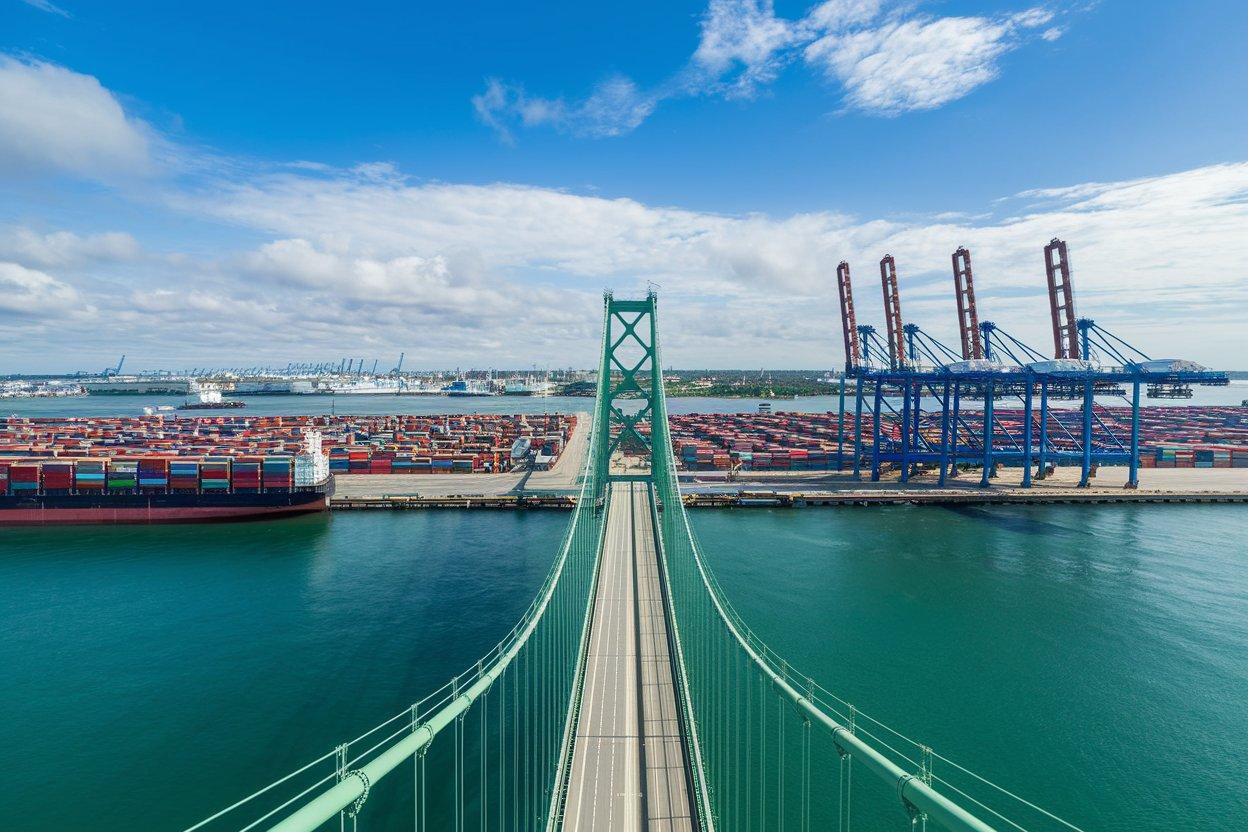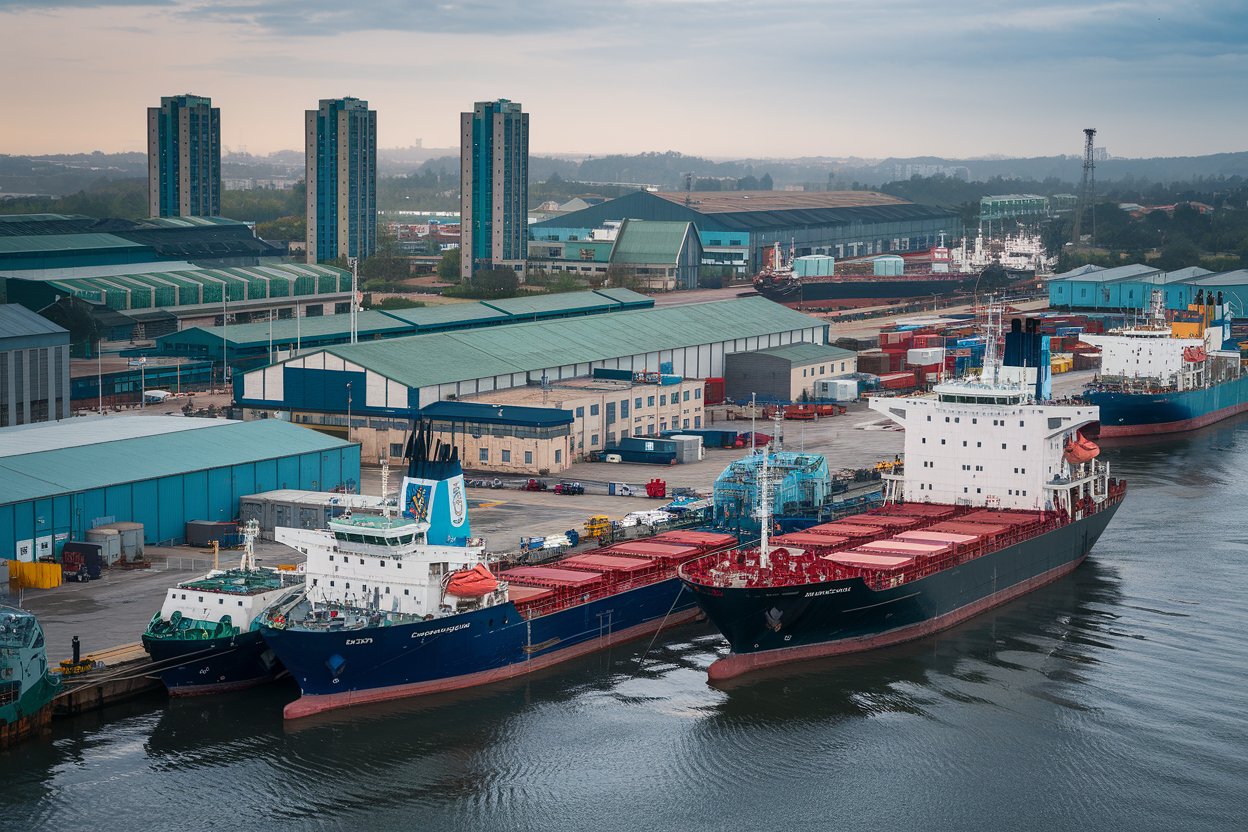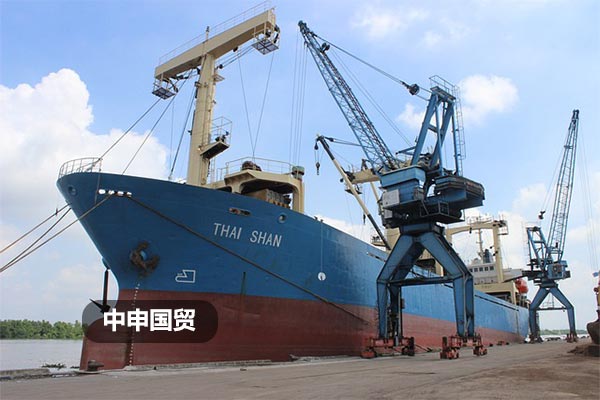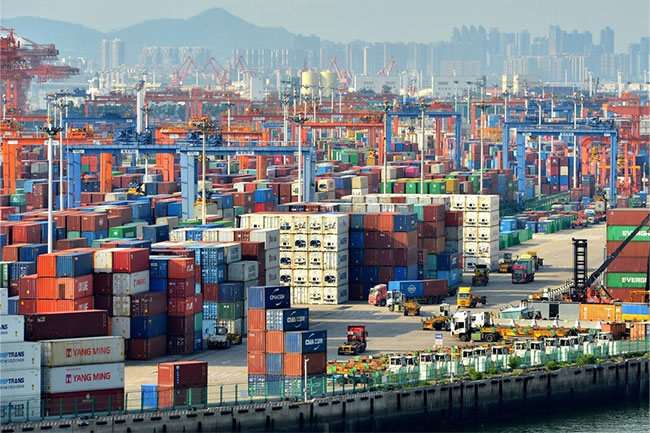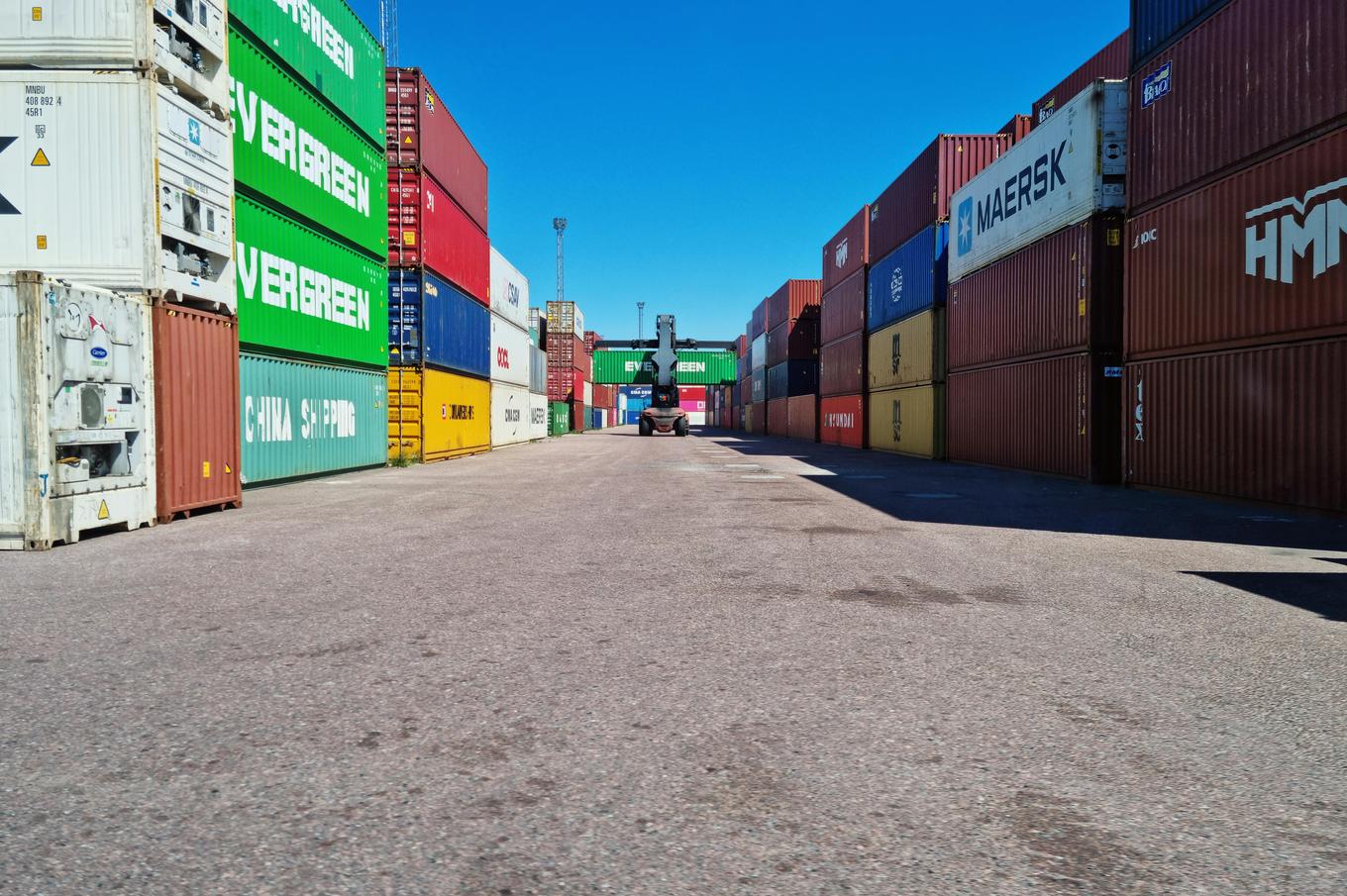- 20 Years of Expertise in Import & Export Solutions
- +86 139 1787 2118
As a global energy giant, Russia's vast oil and gas fields generate a continuous and substantial demand for high-quality, highly reliable petroleum-related equipment. For Chinese equipment manufacturers and traders, this undoubtedly represents a massive and promising market opportunity.
However, this piece of cake is not easy to eat. Unlike conventional commodity exports, exporting oil equipment to Russia means facing a market shaped byStringent technical certifications, complex geopolitical factors, special regulatory requirements, and high-risk financial environmentsA complex network intricately woven together. Any negligence in a single link could lead to catastrophic consequences.
As a professional agent deeply rooted in the Russian market, our mission is to provide you with the most reliable "icebreaker" and "navigator" in these complex waters, ensuring your equipment arrives at its destination safely, compliantly, and smoothly.

1. The primary and highest threshold: EAC certification—without it, you can't move an inch!
Before discussing any other procedures, we must first focus on the most central and critical link:EAC Certification (Eurasian Conformity Certification for Technical Regulations of the Customs Union).
What is EAC certification?
It is a mandatory market access certification for the Eurasian Economic Union (EAEU), which consists of Russia, Belarus, Kazakhstan, and other countries. Simply put,Without an EAC certificate, your equipment won't even make it past Russian customs., will be directly returned or detained.
Which key EAC regulations are involved in petroleum equipment?
Depending on the type of your device, certification typically involves one or more of the following Technical Regulations (TR CU):
- TR CU 010/2011: Regarding the safety of machinery and equipment (applicable to the vast majority of equipment).
- TR CU 032/2013: Regarding the safety of pressure equipment (such as pressure vessels, pipelines, valves, etc.).
- TR CU 012/2011: Safety of equipment operating in explosive atmospheres (explosion-proof certification, essential for oil and gas equipment!).
- TR CU 004/2011 & 020/2011: Regarding the safety and electromagnetic compatibility of low-voltage equipment (pertaining to the electrical control section).
Authentication method: Divided into two types——EAC Certificate of Conformity (CoC) and EAC Declaration of Conformity (DoC)The CoC requirements are stricter, typically necessitating Russian experts to conduct factory audits and sample testing in China; the DoC is relatively more lenient. The specific form to be adopted is mandated by regulations.
【Expert Core Tip】: EAC certification is a complex and time-consuming process (often taking several months) that must be initiated during the production phase of goods, or even before signing contracts. Considering certification only after the goods are produced will inevitably lead to a 100% delay in delivery.?Zhong Shen?As your agent, we ourselves do not provide certification services, but will inform the customer about what the factory needs to prepare.
II. Essential Procedures and Document Checklist: A Meticulously Structured File System
In addition to the EAC certification, you will also need to prepare a complete set of the following documents to ensure smooth export and customs clearance:
1. Core Technical Documentation (Russian version! This is crucial):
- 技術(shù)護照 (Technical Passport / Технический паспорт): This is an extremely important document unique to Russia/CIS countries. It meticulously records all technical parameters, operational specifications, maintenance records, etc., of the equipment, serving as the equipment's "ID card" and accompanying it throughout its entire lifecycle.
- 安全論證報告 (Safety Justification / Обоснование безопасности): Analyze potential risks and corresponding safety measures throughout the entire lifecycle of analytical equipment, including design, manufacturing, and usage.
- Operating Manual / User Guide: A high-quality Russian version must be provided.
2. Standard Commercial and Shipping Documents:
- Trade Contract: The document must be in both Chinese and English or Chinese and Russian, with extremely rigorous terms, as detailed in the following sections.
- Commercial Invoice (Invoice) & Packing List (Packing List)
- Transportation documents: ?Ocean shipping?Bill of Lading (B/L) or International Railway Consignment Note (SMGS) / International Road Consignment Note (CMR).
- ?Certificate of Origin?書 (Certificate of Origin): A General Certificate of Origin (CO) will suffice, serving as proof of the goods' country of origin.
III. Six Key Considerations: Avoiding the Risks of "Deep Waters"
The following points are the "red lines" we have summarized from countless practical operations, which are crucial to the success or failure of transactions. Please take them very seriously:
1. International sanctions and "dual-use" risk screening:
This is the biggest risk point under the current circumstances. Many high-performance petroleum equipment may be classified as "dual-use" items.Before accepting an order, we must conduct a professional screening using HS codes and product technical parameters to confirm that your equipment is not listed on any international or Chinese sanctions and export control lists. Hastily exporting controlled items may result in the company being blacklisted, with extremely severe consequences.
2. Payment Channels and Fund Security:
Due to SWIFT sanctions, Russia's dollar payment channels have been obstructed. Hence,The contract must clearly specify a safe and feasible payment method.28., for example:
- Make payments through re-export via banks in unsanctioned third-party countries.
- Cross-border RMB settlement through Chinese banks (our company's VTB account can be used for settlement).
- Adopt 100% advance T/T (Telegraphic Transfer) The payment method, which involves shipping the goods only after receiving the full payment, is currently the most secure approach to safeguard your funds.
3. The Extreme Importance of Contract Terms:
The contract with Russian clients must be "armed to the teeth." In addition to the standard clauses, it must explicitly state:
- Appendix of Detailed and Unambiguous Technical Specifications, consistent with the technical passport.
- EAC certification responsible party and completion deadline.
- Force Majeure Clause, with particular consideration given to delays caused by sanctions, policy changes, and other factors.
- Clear dispute resolution clauses, specify the arbitration venue and applicable law.
4. Challenges in logistics and transportation:
Petroleum equipment is often oversized, overweight, and non-standard cargo. It requires professional project logistics companies to design transportation solutions, whether throughChina-Europe Railway ExpressWhether it's sea-rail intermodal transport or land transportation, meticulous planning is required, taking into account the impact of severe winter weather in Russia.
5. Language barrier:
All technical documents, labels, and nameplates submitted to Russian authorities and end usersIt must all be in Russian.. Professional translation in the industrial sector is crucial, as machine translation may lead to serious safety hazards and legal disputes.
6. After-sales Service and Spare Parts Supply:
The contract must clearly define the scope of after-sales service, response time, and spare parts supply plan. In the current environment, how to quickly deliver spare parts to Russia is also a logistics challenge that needs to be planned in advance.
The Value of Professional Agency: We Are Your Risk Manager and Project Executive.
Faced with such a complex situation, what can a professional agent do for you?
- Risk Assessment Officer: Before the project launch, we conduct a comprehensive compliance review for you, assessing all potential risks including certifications, sanctions, payments, and more.
- File System Engineer: Prepare and review the complete set of technical documents and commercial paperwork in both Chinese and Russian, ensuring their accuracy and logical consistency.
- Global Finance and Logistics Coordinator: Provide you with secure payment route recommendations and integrate the optimal logistics resources to execute transportation.
Choosing us means you won't have to wade into these "deep waters" yourself. You can focus on product production and customer communication, while we take care of clearing all obstacles for you, transforming complex cross-border project execution into clear, manageable milestone reports.
Recommended for You
- Importing CNC Machines: Navigating Complex Customs Processes
- Importing Air Compressors from Germany, a Complete Foreign Trade Process Analysis
- How can imported hydraulic pumps break through trade barriers and thrive in the international market?
- When importing industrial machinery and equipment from Japan, these key points you need to know:
- How to master the foreign trade process for importing electrical equipment from South Korea?
? 2025. All Rights Reserved.
